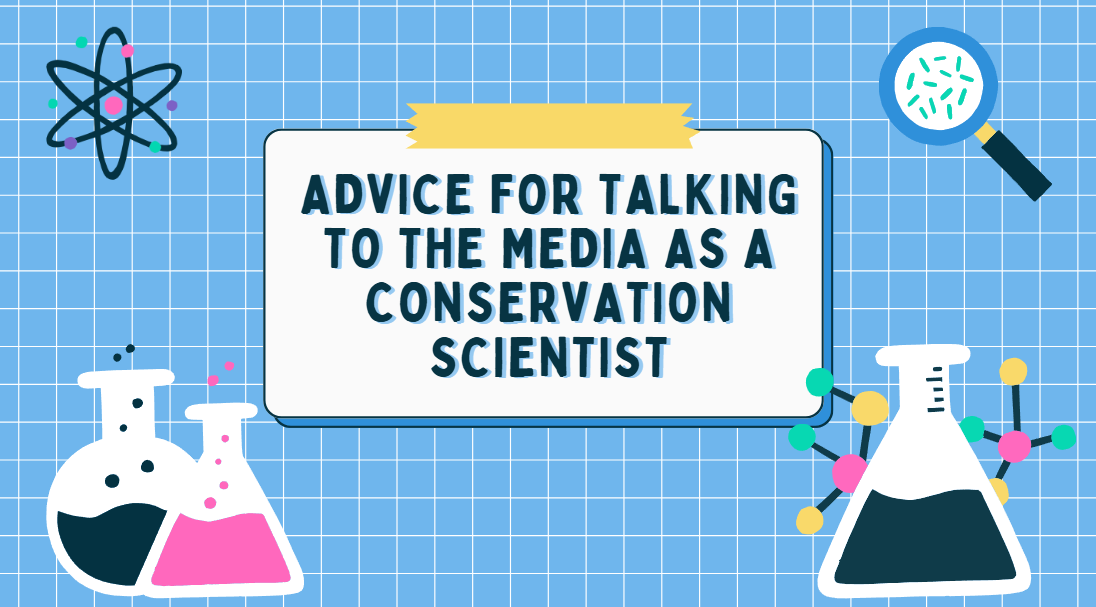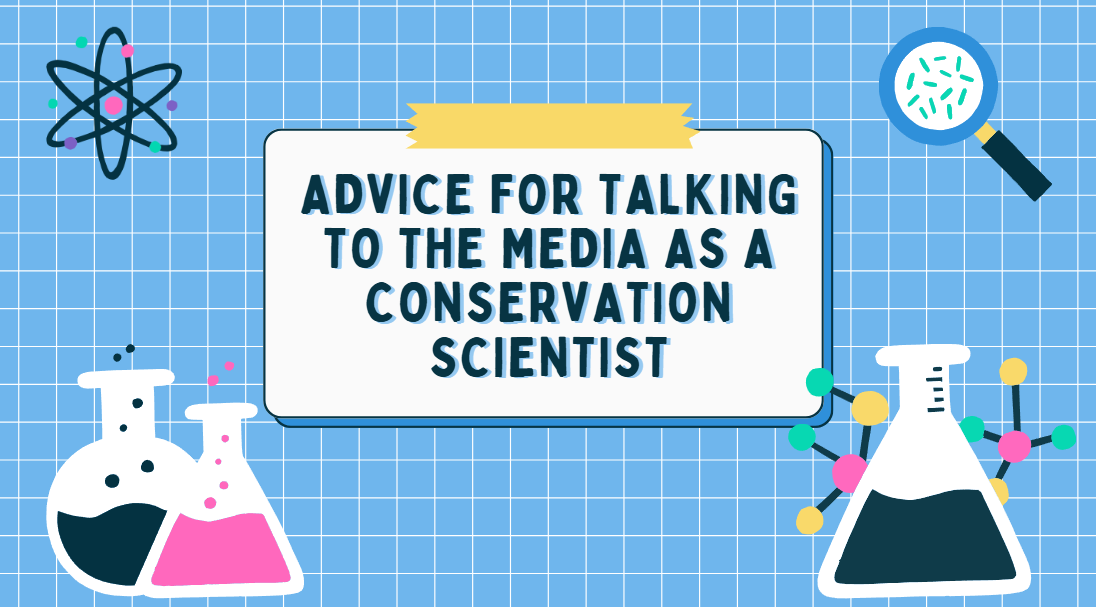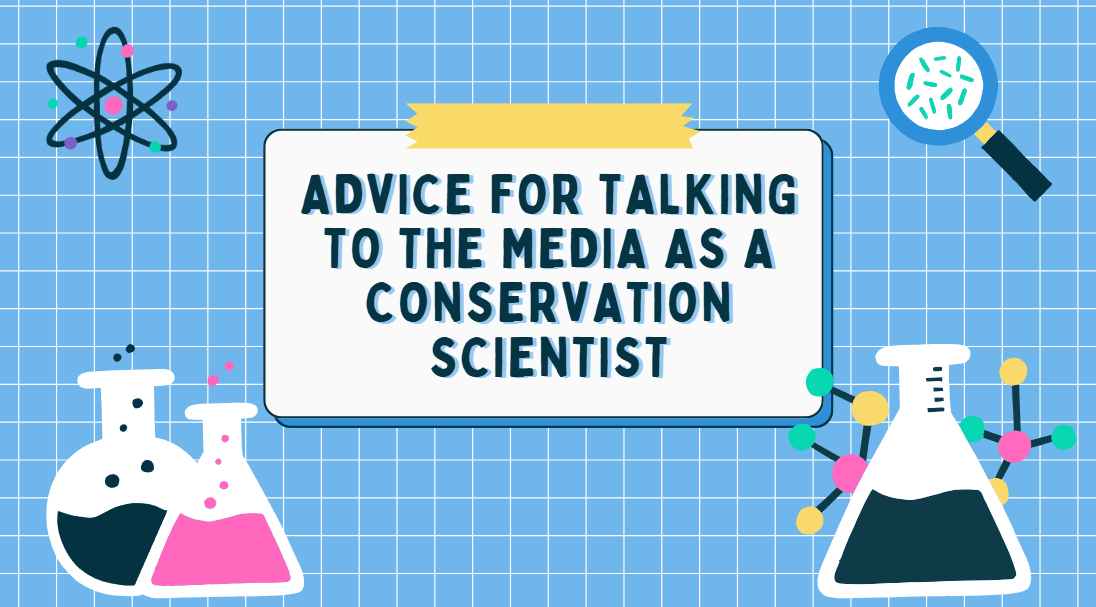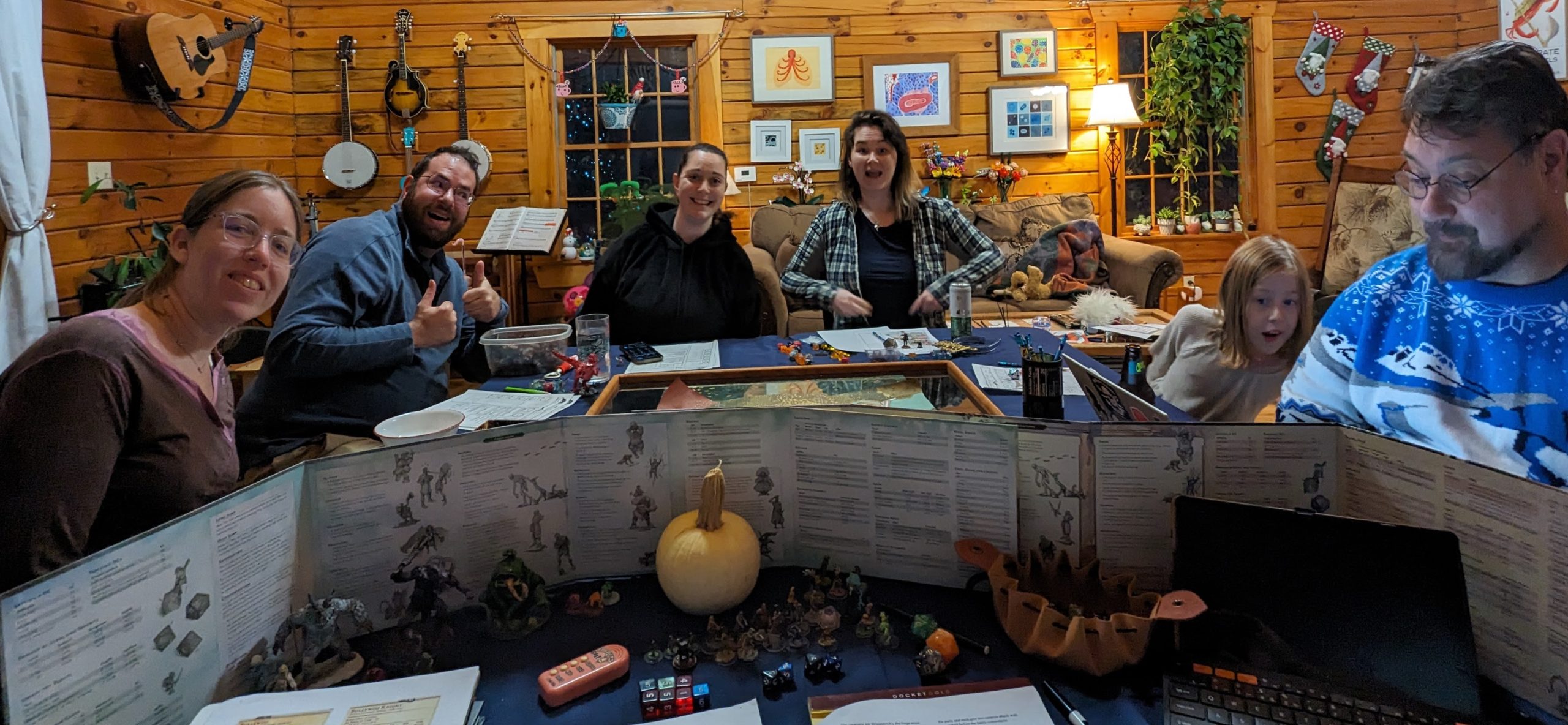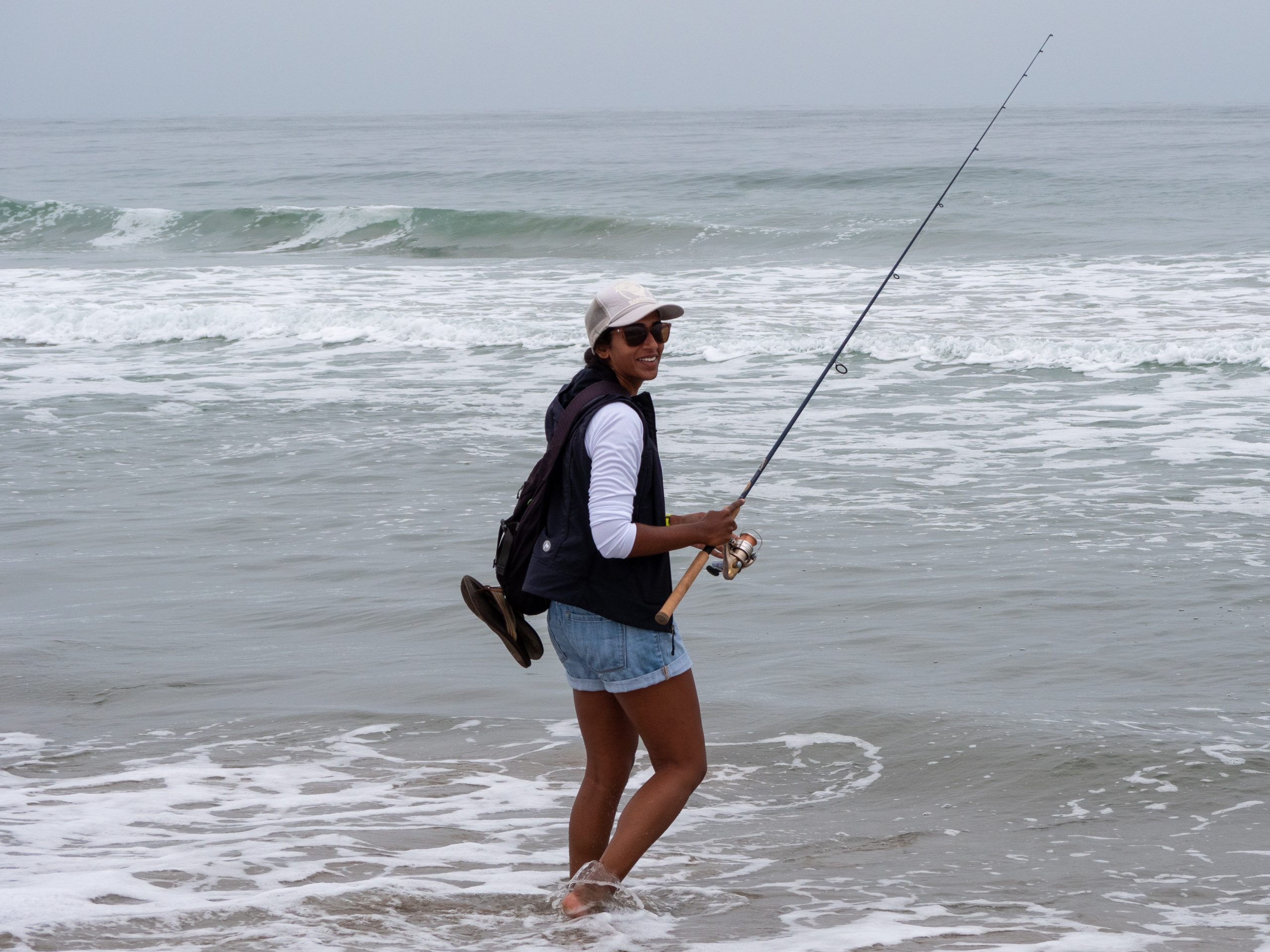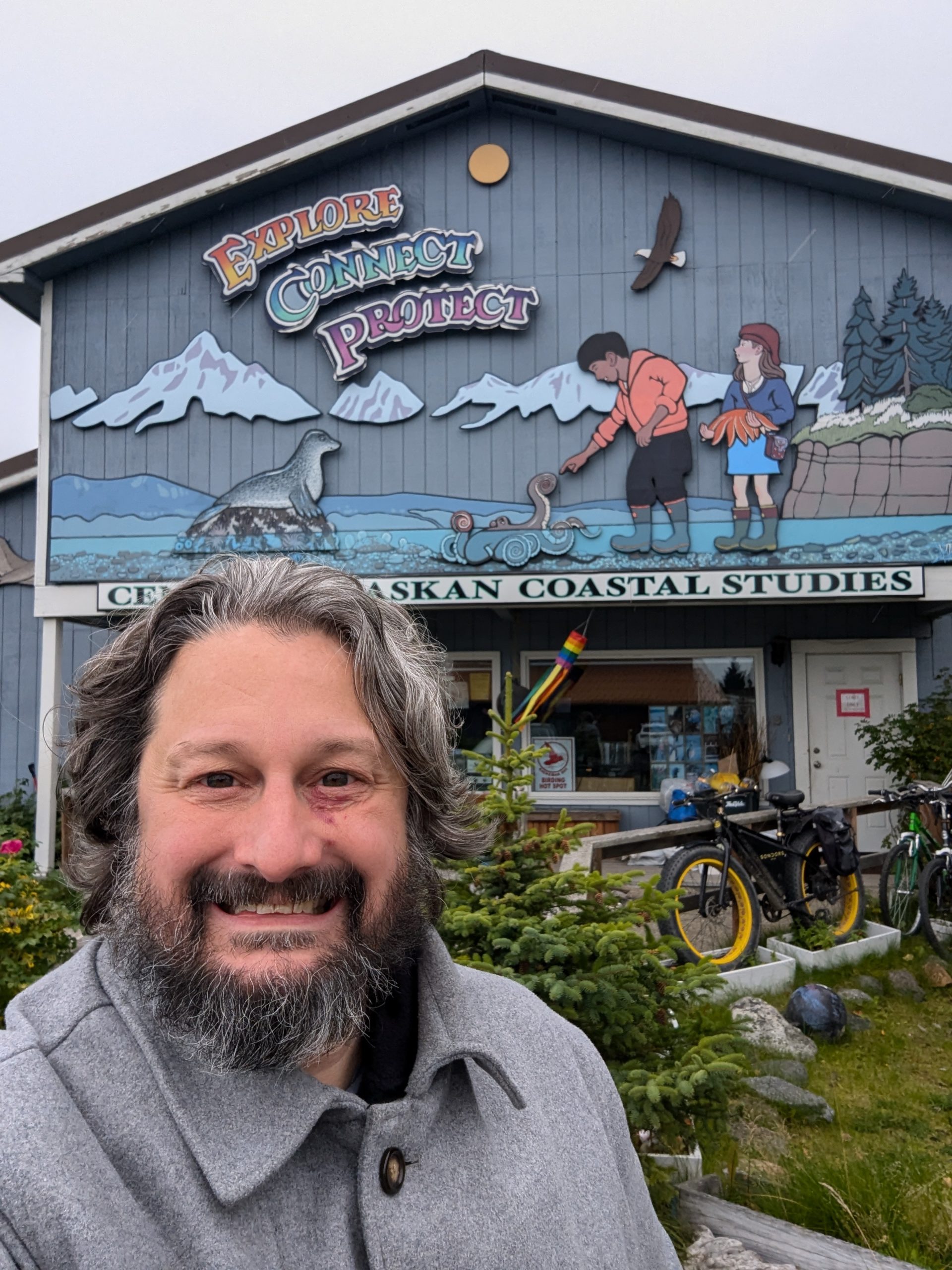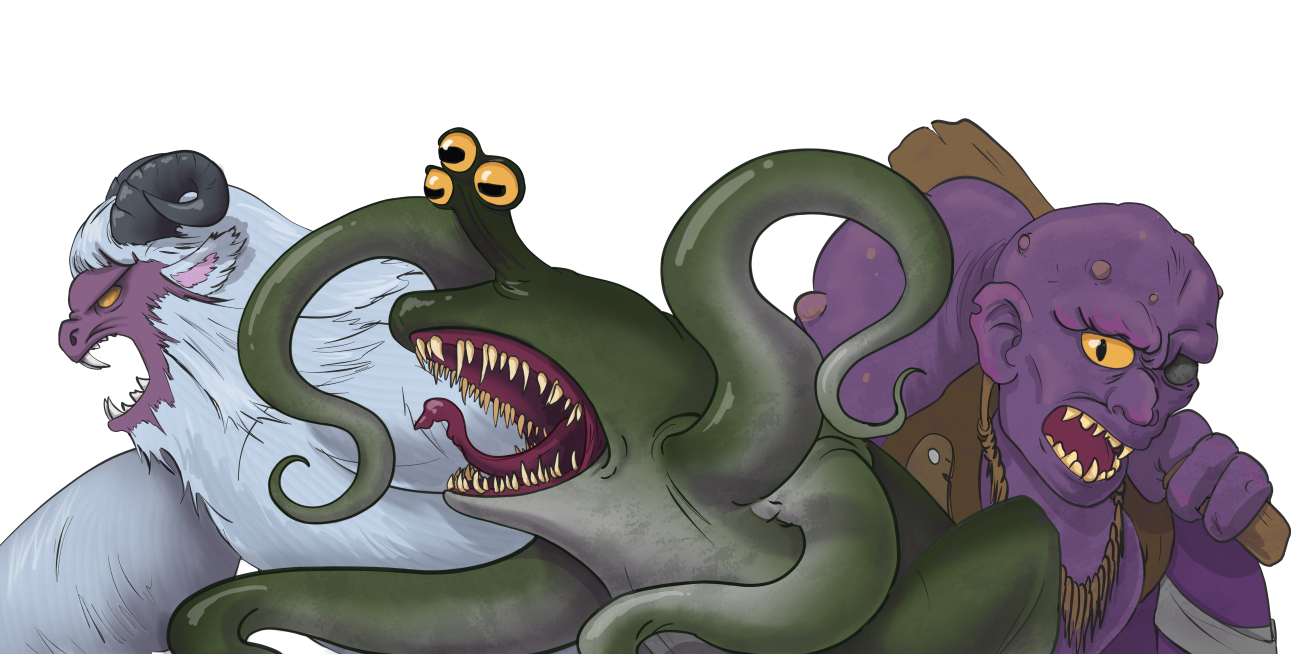Many environmental scientists understand that there is value in communicating about their work through the media, as publicity can help raise public awareness of a conservation threat and help build support for a policy solution. Most training material focuses on how to craft and deliver effective messages. However, this is only part of the skillset … Read More “Advice for talking to the media as a conservation scientist: Part 3, the press release” »
Category: Education
By David Shiffman and Brett Favaro. Many environmental scientists understand that there is value in communicating about their work through the media, as publicity can help raise public awareness of a conservation threat and help build support for a policy solution. Most training material focuses on how to craft and deliver effective messages. However, this is only … Read More “Advice for talking to the media as a conservation scientist: Part 2, mechanics of the interview” »
By David Shiffman and Brett Favaro. Many environmental scientists understand that there is value in communicating about their work through the media, as publicity can help raise public awareness of a conservation threat and help build support for a policy solution. Most training material focuses on how to craft and deliver effective messages. However, this … Read More “Advice for talking to the media as a conservation scientist: Part 1” »
This December, I published The Last Hunt for the Jabberwock: A Feywild Adventure in Ecologic Succession on the Dungeon Master’s Guild. Last Hunt for the Jabberwock is a 12 to 20 hour Dungeons & Dragons campaign with a twist: the adventure, set in a whimsical forest in the midst of tremendous environmental change is complemented … Read More “10 Tips for Running a Dungeons & Dragons Campaign for Education” »
This piece originally appeared as a letter to the editor in our local paper, the Star Democrat. Walking through the Christ Church Episcopal Cemetery in the heart of St. Michaels, you might notice something that we don’t see very often: tiny tombstones. A daughter who lived two weeks before passing in 1901. A brother and … Read More “The Truth about Vaccines is Written in Stone” »
Anupa Asokan, founder and executive director of Fish On—a new fishing interest organization working to advance ocean conservation policy—recently published a peer-reviewed perspective in Frontiers, “Marine Protected Areas as a Tool for Environmental Justice.” Anupa is a lifelong fisherwoman and has become a passionate advocate for ocean conservation and justice. I’ve known her for several … Read More “People and Ideas You Should Know: 5 Questions with Anupa Asokan” »
At the beginning of 2024, I made a commitment to make it the year of the OpenCTD. A CTD is an oceanographic instrument that measures salinity, temperature, and depth. It is an essential tool in the conduct and marine scientific research. Access to CTDs often present a barrier to communities and knowledge seekers interested in … Read More “Open-source science hardware for an Open Ocean: Reflecting on the Year of the OpenCTD” »
Earlier this month, I released The Last Hunt for the Jabberwock, a Dungeons & Dragons adventure in ecologic succession. This campaign is an expression of my two favorite things: being giant nerd going on strange journeys with an odd assortment of friends and helping students of all ages learn about their world through experiential education. … Read More “‘Twas brillig… building a Dungeons & Dragons campaign for adventurers in and out of the classroom.” »
Welcome to the Warren. Within this tiny Domain of Delight, Rabbitfolk engage in an endless battle against the Jabberwock, a manxome foe that refuses to stay dead. With the aid of their Archfey and allies from near and far, they have forged an uneasy peace. Every 30 years the Emerald Moon rises, the Jabberwock returns, … Read More “Hunt the Jabberwock, Defend the Warren, Save the Forest: a D&D 5e Adventure for Environmental Educators” »
As an informal learning assignment, I have my students use social media to follow ocean science and conservation experts for the semester. Each week, they’re asked to check social media for a few minutes, and report on something interesting they learned about marine science or conservation (and why they thought it was interesting.) I’m sharing … Read More “My “Follow ocean science and conservation experts on Bluesky and Instagram” assignment” »
